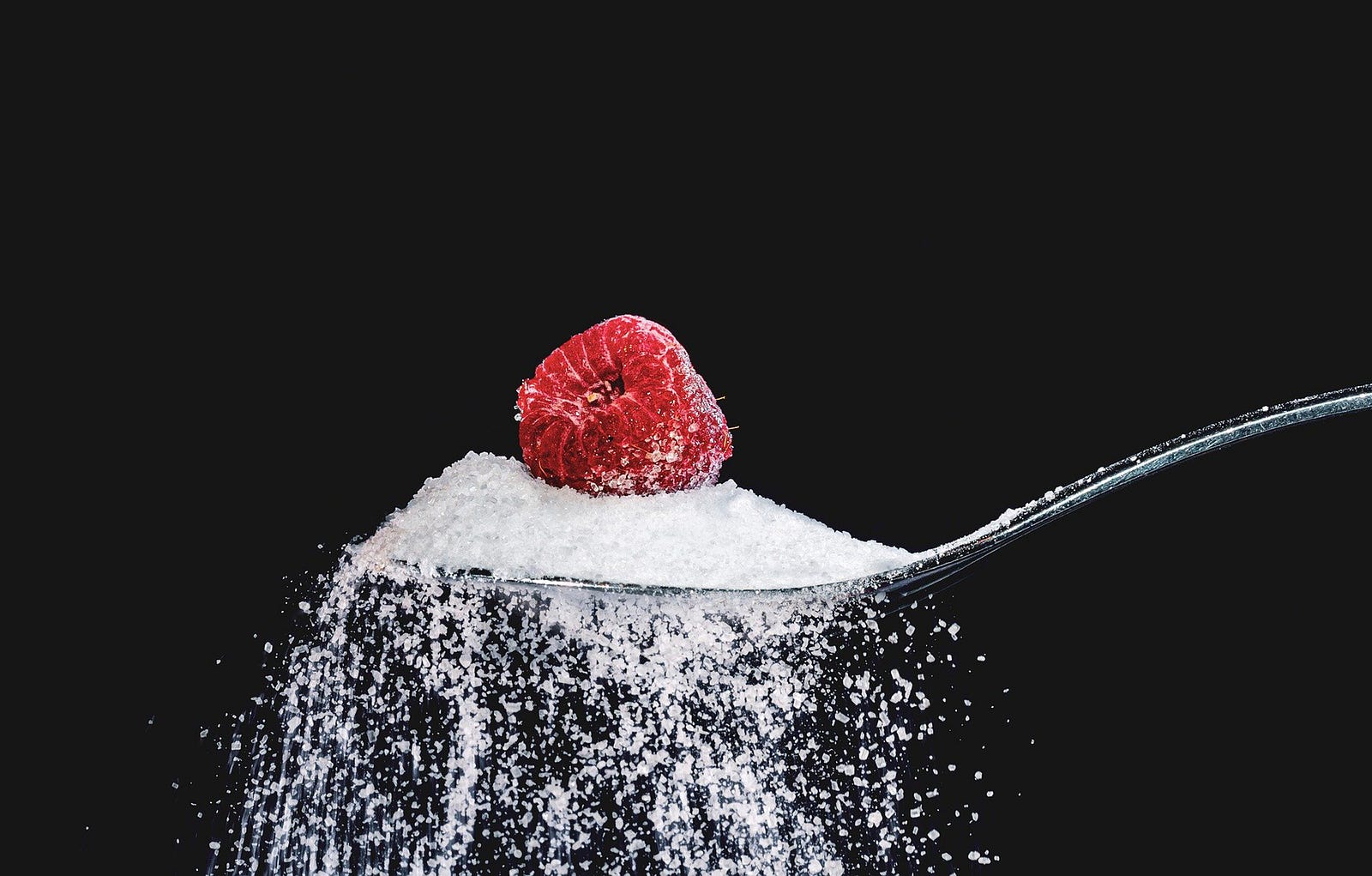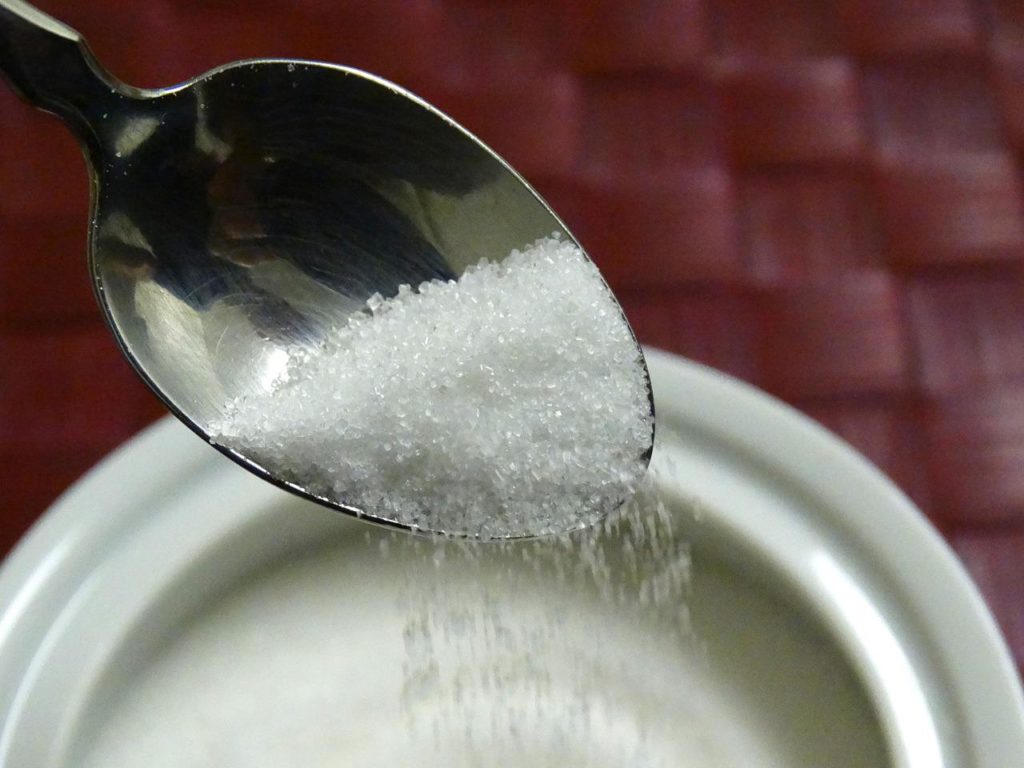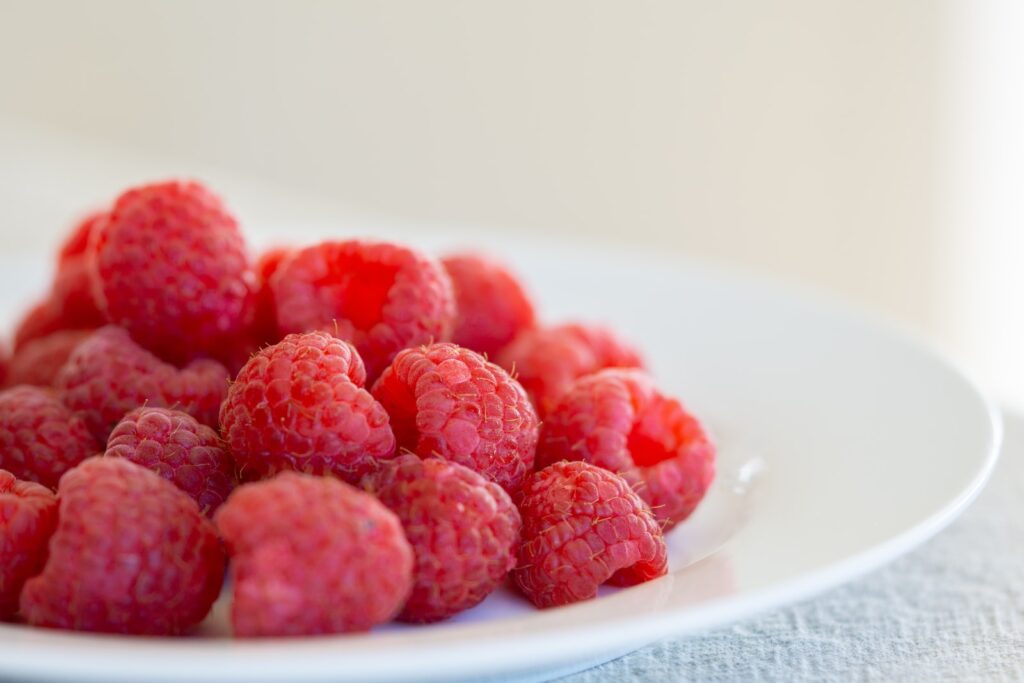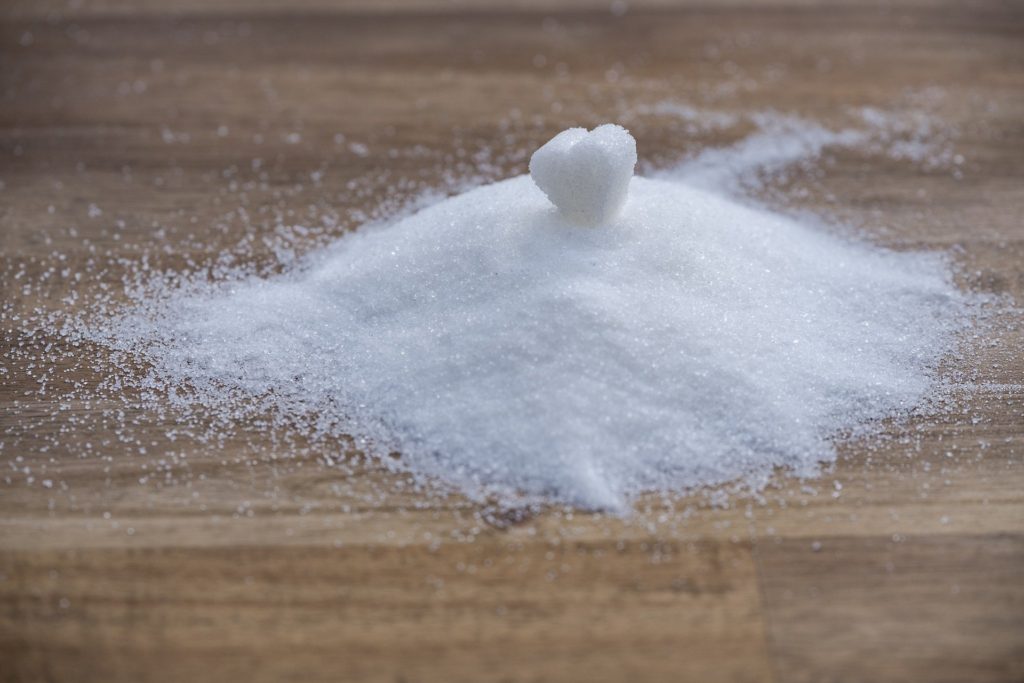Are you trying to cut back on your sugar intake but still crave sweet treats? If so, you’re not alone.
Artificial sweeteners are becoming more popular as people recognize that regular sugar is one of the leading contributors of calories in Western diets.
You might be surprised to learn, however, that artificial sweeteners aren’t necessarily healthy either.
They could actually have some negative effects on your body and mind.
However, not all artificial sweeteners are created equal, and there are some artificial sweeteners that are healthier than the others.
So, in this article we’ll discuss if artificial sweeteners are better than sugar or not.
We’ll also take a look at the differences between artificial & natural sweeteners so you can make the right choices.
What Are Artificial Sweeteners?
Artificial sweeteners are sweeteners that are lower in calories than normal sugar. Artificial sweeteners are added to foods to make them taste sweet.
Artificial sweeteners are often used in low-calorie or diet foods like desserts, candies, chewing gum, yogurt, and jams.
Artificial sweeteners are also used in diet foods to replace the bulk of sugar to lower the calorie content of the food.
Artificial sweeteners have no effect on blood sugar levels and can be used by people trying to remove sugar from their diet.
They can also be used by diabetics who want to sweeten their food without raising their insulin.

How Do Artificial Sweeteners Differ From Sugar?
Artificial sweeteners differ from sugar because artificial sweeteners usually have zero calories. Artificial sweeteners are also artificial, whilst sugar is more natural.
Sugar is a natural carbohydrate that is found in a variety of foods like fruits and honey.
Artificial sweeteners, on the other hand, are synthetic chemicals that taste sweet, but don’t have the calories that sugar has.
However, artificial sweeteners also have their own problems.
The Problem With Artificial Sweeteners
The problem with artificial sweeteners is that artificial sweeteners aren’t real food so they have no nutritional value. Artificial sweeteners, similarly to sugar, reward your brain’s reward systems. This means that you may become addicted to eating artificial sweeteners, and that may cause you to find other foods unpalatable.
Many people assume that artificial sweeteners are a healthier option than sugar, which is true.
However, both sugar and artificial sweeteners aren’t good for your body and your brain’s reward systems.
Research indicates that artificial sweeteners are as addictive as regular sugar.
This means that after you eat artificial sweeteners, you would enjoy other healthy, less palatable foods, like vegetables, less.
What’s more, many artificial sweeteners have also been linked to negative health effects, ranging from weight gain to cancer.

Are Artificial Sweeteners Good Or Bad?
In general, artificial sweeteners are healthier than normal sugar. However, the health impact of a certain artificial sweetener depends on the artificial sweetener itself. For example, natural zero calorie sweeteenrs, like Stevia & monkfruit are healthier than other more artificial sweeteners, like xylitol, sucralose, etc.
Some artificial sweeteners have been shown to be neutral for your health, whilst others have been associated with negative health outcomes.
But, of course, the healthiness of a particular sweetener depends on the sweetener itself.
For example, some sweeteners, like xylitol & maltitol, actually have a similar amount of calories to normal sugar.
Xylitol has 2.5 calories per gram & maltitol has 2.7 calories per gram.
This is a pretty similar amount to sugar which has 4 calories per gram.
This means that your insulin would raise in a similar amount if you ate xylitol & maltitol compared to sugar.
That’s why you should check what artificial sweeteners are in the foods you eat so you can see if it’s high in carbs are not.
How Do Artificial Sweeteners Differ From Natural Sweeteners?
Artificial sweeteners differ from natural sweeteners because artificial sweeteners usually have zero calories. Natural sweeteners are also actual food, but artificial sweeteners are chemicals that are made to taste sweet.
Both natural and artificial sweeteners are bad for your health.
But, most artificial sweeteners have basically zero carbs & calories, so they’re better for people who have diabetes or want to lose weight.

The Best Natural Zero Calorie Sweeteners
The best & healthiest zero-calorie sweeteners are stevia, monk fruit, & chicory root. This is because they have the least impact on your insulin. They also don’t affect your health as much compared to other sweeteners because they aren’t artificial.
*I make a small commission when you buy something with my affiliate links.*

1.) Stevia
Stevia is a natural sweetener that has no calories and is natural. Stevia sweetener comes from the dried leaves of the stevia plant. Stevia is great for people who have diabetes or that are trying to lose weight, but still want to satisfy their sweet tooth.
Stevia is also a good alternative to sugar for those following a low-carb diet like keto.
However, it does have a slight metallic aftertaste which you should be aware of. Since Stevia is 200x sweeter than sugar, make sure to only use a little bit of it at a time when you sweeten something & then taste the food or drink that you’re sweetening.
You can buy my favorite Stevia from Amazon here.

2.) Monk Fruit
Monk fruit is a natural, zero-calorie sweetener that comes from the Monk fruit plant. Monk fruit has been eaten for almost a thousand years in China, but it is still the newest natural sweetener on the market.
You can usually see monk fruit at a café or a restaurant with the brown Monk Fruit In The Raw® packet.
Monk fruit has zero calories, & it is around 10 – 200 times sweeter than normal sugar. Most of the time you’ll see monk fruit mixed with other sweeteners, like erythritol.
My favorite brand for monk fruit sweetener is Lakanto Classic Monk Fruit Sweetener since it’s a 1:1 replacement for sugar.
It’s the most similar thing to sugar I’ve ever tasted that wasn’t sugar.
It tastes basically identical to sugar. But, it does contain some erythritol.
You can buy it from Amazon here.

3.) Chicory Root/Inulin
Chicory root is a zero-calorie sweetener that is composed of around 68% inulin, which is a gel-like sweetener. Some foods use chicory root or inulin by itself to slightly sweeten foods without adding any carbs or calories.
Compared to Stevia & monk fruit, inulin is much less sweet, so you don’t have to be as careful when using it. You can buy inulin from Amazon here.
These three sweeteners are the healthiest zero-calorie sweeteners that you can eat, regardless of your diet.
That’s because they have virtually zero calories, zero impact on your insulin, & they aren’t artificial like some other sweeteners.
But, if you can’t find these sweeteners, or just don’t enjoy their taste, you can use erythritol, which is a relatively healthy artificial sweetener.
Because erythritol has basically zero calories and none of the calories get fermented by the gut, you don’t get any bloating when you eat it.
But, other artificial sweeteners, like xylitol and maltitol, do ferment in the gut so they do make you bloated.
However, the problem with erythritol is that it’s artificial, so it may cause some health problems for you further down the line.

Should I Just Eliminate Artificial Sweeteners Altogether?
If possible, you should try to avoid artificial sweeteners when possible. This is because they may cause health problems for you further down the line. Artificial sweeteners also stimulate your brain’s reward system, so they would cause you to find healthy, but less stimulating foods, like vegetables, unpalatable if you constantly ate them.
I personally used artificial sweeteners as a “crutch” for the first two months of my ketogenic diet as I was adjusting to eating less sweet foods.
But, once I got used to eating less sweet foods on keto, I completely removed artificial sweeteners from my diet since they made me find other foods less palatable.
I think that’s because artificial sweeteners increase your dopamine, so it makes you find other foods less palatable.
That’s possibly also why you become lazier after eating sweet foods.

How to Quit Artificial Sweeteners
If you’re serious about quitting artificial sweeteners, you’ll have to stay away from any foods that contain them. This means avoiding products that are sweet and low-calorie, or sugar-free. I also recommend that you quit cold turkey so you don’t get tempted to overeat artificial sweeteners when you do eat them.
This will allow your body to get used to the change quickly and help you to face the cravings, headaches, and other unpleasant side effects sooner rather than later.
Whichever approach you choose, it’s important to remember that quitting artificial sweeteners is not easy.
It can be challenging to resist the urge to eat something sweet and low-calorie when you’re craving something sweet.
But if you persevere, you’ll be able to reap the benefits of being more productive, more energetic, & more disciplined.

Conclusion
In conclusion, artificial sweeteners are better for you than sugar. However, both of them stimulate your brain’s reward system and lead to health issues. That’s why if you become adjusted to eating healthy, you should consider quitting both sugar and artificial sweeteners.
However, if you are still adapting to eating a healthy diet, but are still using artificial sweeteners, I recommend using natural zero-calorie sweeteners like Stevia, monk fruit, and chicory root instead of artificial ones like xylitol & maltitol.
If you want to learn how I lost 40 pounds with keto & OMAD, you can read my article here where I share everything I’ve learned over my weight loss journey & how you can lose weight too.
- How to Make a Layer Cake at Home - June 1, 2023
- Can You Still Lose Weight If You Aren’t in Ketosis? - February 8, 2023
- Can the Keto Diet Help With Depression? - February 8, 2023




